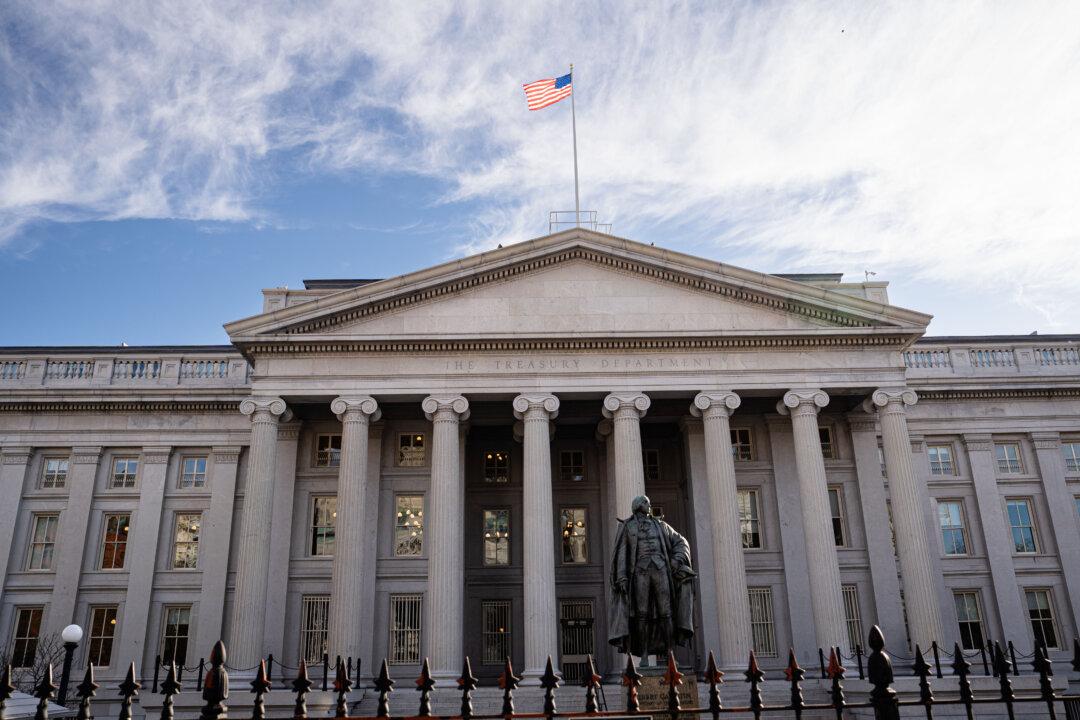Chinese authorities on May 21 urged local operators of “critical information structure” to stop purchasing from U.S.-based chipmaker Micron Technology Inc., citing “major” security risks while not providing any details.
The Cyberspace Administration of China (CAC) stated that Micron had failed a security review, which was begun after the United States announced export bans that affected China’s access to advanced semiconductors.
Japan said that 42 countries, including the United States and Taiwan, would continue receiving the equipment under a simplified export measure. China, which wasn’t among them, is subject to stricter controls.
‘Stop Purchasing Micron’s Products’
The CAC said its probe found a “relatively serious potential network” that could threaten China’s key information infrastructure supply chain and national security, although the agency didn’t outline the identified risks nor what Micron products were affected.The cybersecurity watchdog didn’t require that existing Micron products had to be removed, while noting that all companies must “abide by Chinese laws and regulations” in order to access the Chinese market.
“China firmly promotes high-level opening up to the outside world,” the CAC stated.
In response, a U.S. Commerce Department spokesperson said the United States strongly opposes China’s restrictions on Micron, which it claimed “have no basis in fact.”
“This action, along with recent raids and targeting of other American firms, is inconsistent with [China’s] assertions that it is opening its markets and committed to a transparent regulatory framework,” the spokesperson said.
Micron told The Epoch Times by email that the company had received the CAC’s notice following its review of Micron products sold in China.
G-7 Vows to Reduce China Dependencies
The CAC’s statement came a day after G-7 leaders issued a communiqué criticizing China for its “militarization activities” in the South China Sea and human rights abuses in Tibet and Xinjiang.
The G-7 leaders said China’s nonmarket policies and practices distort the global economy. They pledged to foster resilience to economic coercion and counter China’s “malign practices,” such as illegitimate technology transfer.
“With a view to enabling sustainable economic relations with China, and strengthening the international trading system, we will push for a level playing field for our workers and companies,” the statement reads.
“We also recognize the necessity of protecting certain advanced technologies that could be used to threaten our national security without unduly limiting trade and investment.”
The communiqué was issued after a three-day G-7 leaders’ summit—involving the United States, Japan, Germany, the UK, France, Italy, and Canada—in Japan, which U.S. President Joe Biden also attended.





